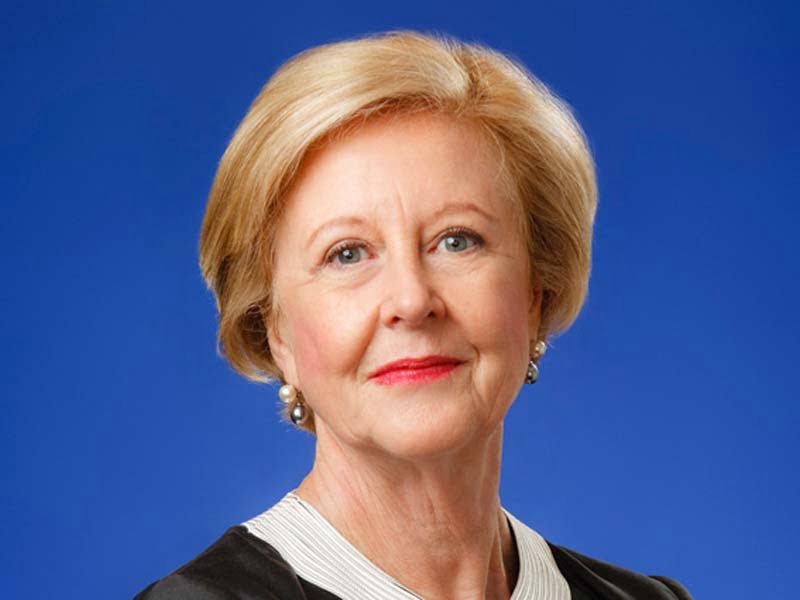I believe we are living in divisive times. The people we have elected to lead us into the future seem unable to reach consensus on anything from immigration to railway level crossings. We need no reminder of an all-too-recent consequence of this in our nation’s capital.
Australians have always been subject to propaganda, spin and misinformation. In the last few years, however, I think we have started to see an absolute intolerance for expert opinions, reports, inquiries, facts or evidence. There is also a growing need to cater to ideology – to appeal to the worst parts of our nature.
This is unfortunate, because we are also living in a time of great scientific and technological achievement.

Our institutions have invested in good science, evidence, reports and data collection. All sorts of serious minds are working on solutions to major policy issues, whether it’s a mass movement of peoples across the world, managing global trade, the digital economy or climate change.
But as a country, we have not been able to turn that information into the policy that we need.
We have lost the ability to respond with action, preferring instead to stick to hard-line political positions. And I think that’s a real problem for the future.
Obviously, you can’t remove politics from policy, but a true leader can find the balance between emotion and evidence.
My concern is that the policies being developed are almost rejecting fundamental expert advice.
We’ve seen it with the Finkel report into the future of the national electricity market, and with climate change and refugee policy. We see it on domestic violence and on crime.
These issues have become far more politicised than they should, especially since they are problems that desperately need solutions.
I think we have not had leaders courageous enough to stand up against these extreme views, whether from the left or the right.
I see very able, well-educated leaders, such as Malcolm Turnbull and Bill Shorten, unable to extricate themselves from the unnecessary political spats of the day.
I think we are all looking for a little authenticity – that’s obviously what was so appealing about US President Donald Trump. But we also want leaders who make decisions based on the facts they see before them.
I would like to see universities – institutions largely responsible for the political leaders of the future – focus on teaching their students how to make creative decisions based on evidence. They also need to be able to distinguish between fact and fiction.
Whether you are going into veterinary science or business or law or arts, you should be able to approach a problem, understand the facts, then make a decision that will solve it.
There is a real opportunity here, and I would like to see Australian universities take this approach with all their students, in the hope that when they go out into the world, and take up positions of power in all fields, they are best able to inform public policy.
We want them to be intellectually sceptical, demanding and critical. We want them to have not only conviction, but conviction based on knowledge.
Professor Gillian Triggs is a Vice-Chancellor’s Fellow at the University of Melbourne and former President of the Human Rights Commission. She is a guest speaker in the new University of Melbourne podcast series, Expert Hack.
Do you know more? Contact James Riley via Email.
